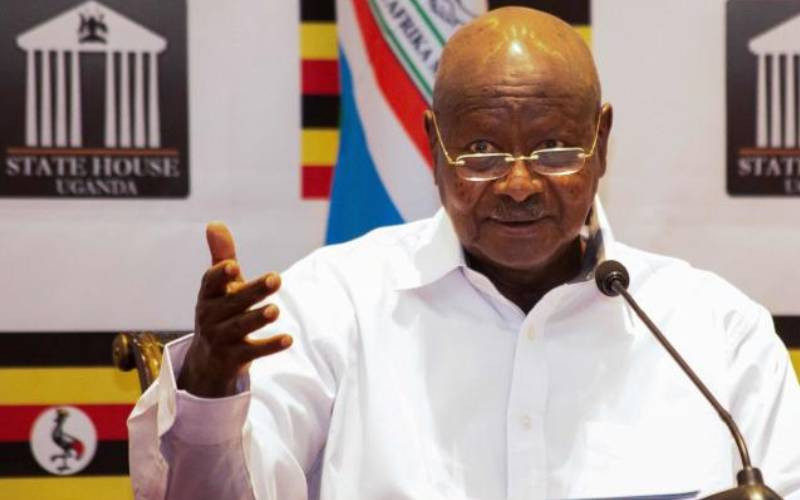×
The Standard e-Paper
Join Thousands Daily

President Yoweri Kaguta Museveni of Uganda remains an interesting figure.
He continues to confound many with his Pan-African speeches that are punctuated by theatrics, now and again, laced with vernacular and a few Kiswahili words.